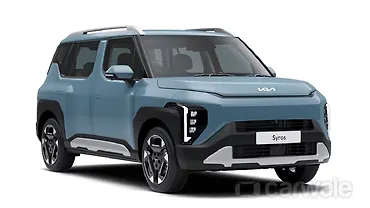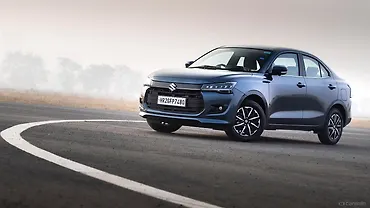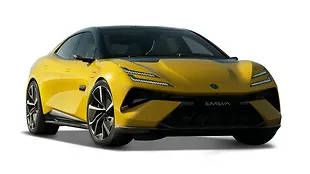
The International Council on Clean Transportation has recommended that India should skip Euro V norms and directly move to Euro VI regulations by 2020. ICCT has written to the petroleum ministry requesting the changes to improve the air quality in India.
The biggest hurdle in upgrading to higher norms is the quality of fuel available in India. The vehicles running on Euro V specs will require fuel with low sulphur while upgrading to Euro VI will require sulphur content to be even lower. Each of these steps will require significant investment from the oil companies to improve the quality of fuel.
ICCT report suggests that directly moving to Euro VI norms even with the additional investment will exceed costs and fully justify the investment in producing ultralow-content sulphur. Their white paper report suggests that these measures will have greater economic benefit in terms of lives protected from pollution-related health impacts.
The ICCT’s white paper also highlights that the Euro V has not been very effective globally on heavy duty commercial vehicles, and the targets set for nitrogen oxide emission have not been met. The Euro VI norms will reduce emissions by 67 per cent compared to Euro V and much more compared to Euro IV. It will also allow usage of particulate filters in diesel heavy vehicles, thereby reducing particulate pollutants.
Metro cities in India are highly polluted and all the steps taken to curb pollution will be welcome. Delhi is currently ranked as the most polluted city in the list of 1600 around the world and definite steps are necessary to reduce pollution for the welfare of residents. A push from the government is certainly necessary for a greener tomorrow, even car manufacturers need to upgrade the engine technology – SIAM has complained to the Supreme Court that they cannot produce Euro V complaint[FV1] vehicles by 2020 and are not committed to any deadlines on Euro VI implementation.



































